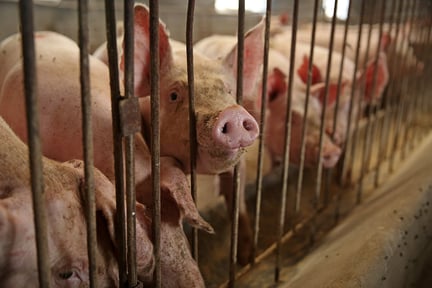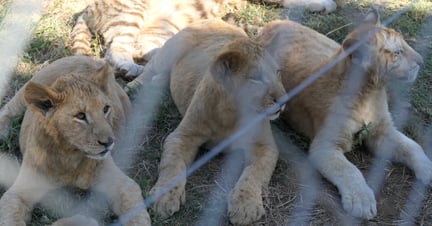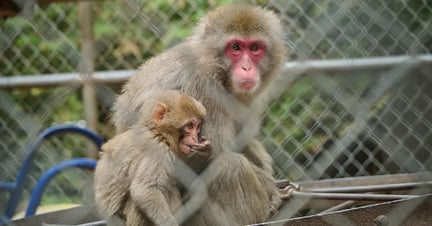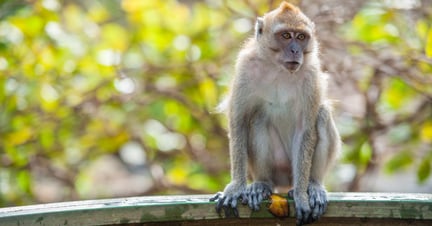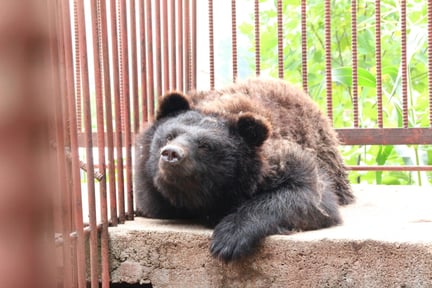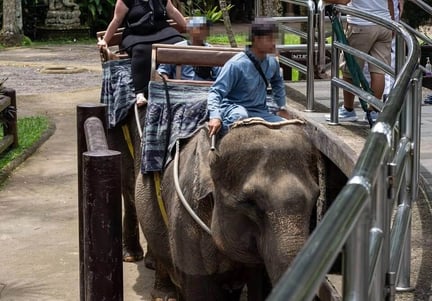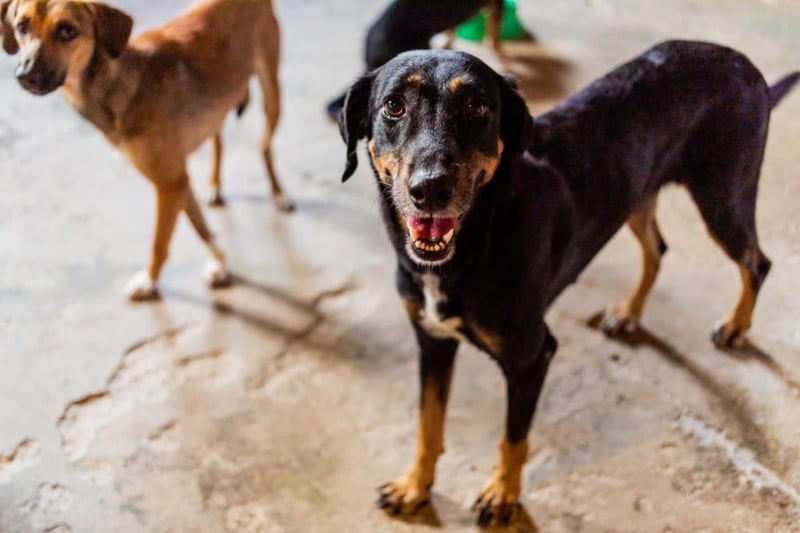
Pandemic Agreement approved in historic breakthrough
News
Countries across the globe have approved the World Health Organization (WHO) Pandemic Agreement, marking a significant turning point for global health and animal welfare.
For the first time, a legally binding international agreement includes the concept of One Health.
This approach recognises the vital connection between human, animal, and environmental health.
It is a historic moment and a clear sign that systems change is underway.
World Animal Protection’s role in achieving this global milestone
This achievement reflects years of advocacy and collaboration. In 2020, World Animal Protection launched a campaign calling on the G20 to address the root causes of pandemics.
The G20 is a key forum where global leaders respond to urgent challenges such as climate change, economic stability, and global health.
Our campaign led to a formal request from the G20 Agriculture and Water Ministers for a list of wildlife species and conditions that could contribute to the emergence of new diseases.
This request laid the groundwork for the proposal of a global treaty to prevent future pandemics.
In 2021, the WHO began the process of drafting the agreement. Just four years later, the world has reached a new international consensus that prioritises prevention and embraces the One Health approach. This is a rare achievement in such a short timeframe for international policy.
Addressing the root causes of pandemics through One Health
World Animal Protection has worked throughout this process with a wide range of partners including national governments, the One Health High Level Expert Panel, civil society organisations, academics, and health experts.
Our message has been clear and consistent. We cannot prevent future pandemics unless we address the root causes.
These include the exploitation of wild animals, poor animal welfare, unsustainable farming practices, and the destruction of natural habitats.
Thanks to strong collective efforts, the Pandemic Agreement includes important references to prevention, One Health, and the need to tackle risks at the interface between people, animals, and the environment.
Next steps for protecting animals and preventing future pandemics
The agreement now moves into the implementation phase.
Countries around the world will begin to take action to align national policies with the new global framework.
This includes addressing high-risk activities such as commercial wildlife trade, intensive animal farming, and land use change.
We will continue to work closely with governments and partners to ensure that the principles in the agreement lead to real-world change.
We will advocate for national actions that improve animal welfare, protect ecosystems, and reduce the risk of future pandemics.
This agreement shows that the world is ready to move beyond reaction and towards prevention. It offers a powerful opportunity to reshape how animals are treated and how health is protected across all species.
We will keep pushing for meaningful change to ensure that pandemics are prevented at their source, and that animals are no longer overlooked in global health decisions.
Related content
5 worst health impacts of factory farming
On World Health Day, World Animal Protection launches a new report that lays bare the most damaging human health impacts linked to factory farming.
What is wildlife farming?
Ending commercial exploitation
Wildlife farming is the commercial breeding and raising of wild animals. Learn how you can take action to prevent their exploitation.
Ending commercial exploitation
Wildlife
Together we can drive down consumer demand and expose the lies of businesses that profit from cruelly exploiting wild animals.
